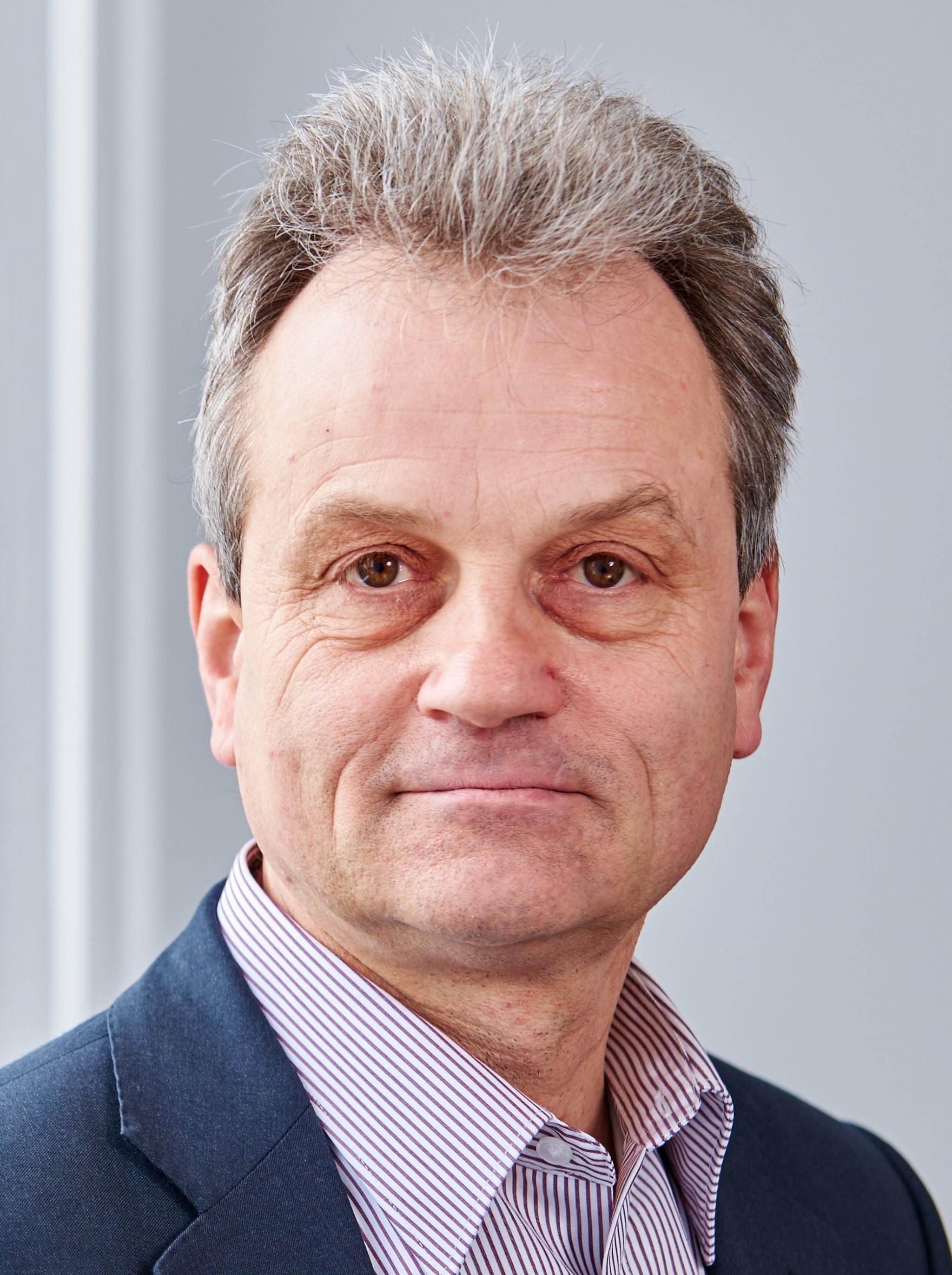Every second Wednesday of the month, the Circular Industries Hub organises the Circular Industries Talks. On Wednesday May 18, Dr. Christian Hagelüken (Director EU Governments Affairs at Umicore AG & Co) joined us as a guest speaker. In his lecture, Chrisian talked about the fundamental requirement to become circular, focusing specifically on metals. Here, we look back on the content of his talk.
Circular Economy and emerging products: why it is essential to close the loop for metals

The continuing need for mobility, energy, digitalization etc. and increasing complexity of the products we use for this have created a significant need for materials and especially metals. The supply of these metals can be provided through geological mining, but also through recycling from “urban mines” which are growing and receiving increasing attention. Metals principally can be recycled ‘eternally’ and hence are the ideal candidate for enabling the circular economy. Metals recycled in state-of-the-art facilities have the same quality and are traded at the same prices as metals deriving from mining.
A circular economy requires fundamental changes in the way we develop, design, produce, distribute, use and recycle products.
The EU Green Deal
Raw materials, metals, and circular economy are at the heart of the EU Green Deal communication and strategic approach. Recycling is crucial for closing the loop and has additional advantages: to mitigate environmental impacts and CO2 footprint of mine supply, preventing impact from non-recycling, reducing geopolitical dependence on few mining countries/companies, support ethical sourcing of raw materials, and mitigating metal price volatility.
Closing the loop
A true circular economy with recycling as final step after an extended lifetime of products offers a huge opportunity to secure the metals supply for Europe and mitigate climate impact. But there are a number of challenges to overcome: Boosting the collection of end-of-life products such as vehicles, electronics or batteries; coping with increasing product complexity which requires better product designs for recycling; and securing that the collected products are solely treated in high quality recycling processes, capable of recovering a wide range of materials with high yields and in a quality enabling their reapplication into new products.
Summing up, a circular economy requires fundamental changes in the way we develop, design, produce, distribute, use and recycle products. Companies have to adapt their business models accordingly. New forms of stakeholder collaboration and product service systems can be the game changer. Better product designs and more transparency on products/material flows along the lifecycle are key as well. Finally, appropriate legal frame conditions are needed to support CE strategies of companies. Such strategies are specifically crucial for green/clean products as they increase the demand for (critical) raw materials and need to be inherently sustainable by definition.
Curious about Christian Hagelüken's talk?
The Circular Industries talks
The goal of the Circular Industries talks is to share knowledge across Leiden, Delft and Erasmus and to complement and deepen the knowledge already available within the Circular Industries Hub. The talks are organized on Wednesday morning from 10:00 to 11:00. The talks are online (Microsoft Teams). Next up in the CI Talks: Joey Nijnens (29 June)

